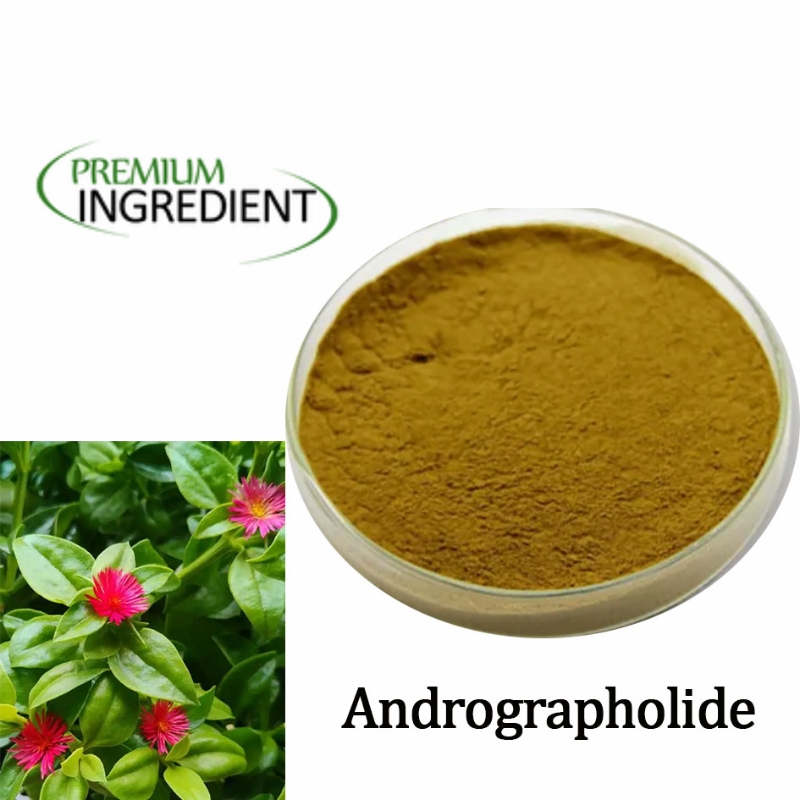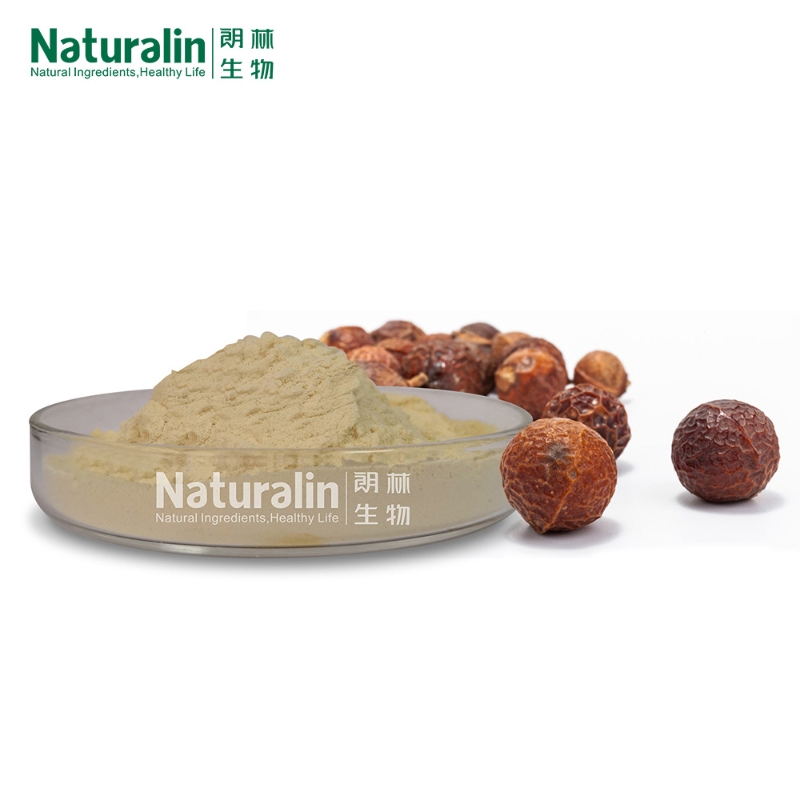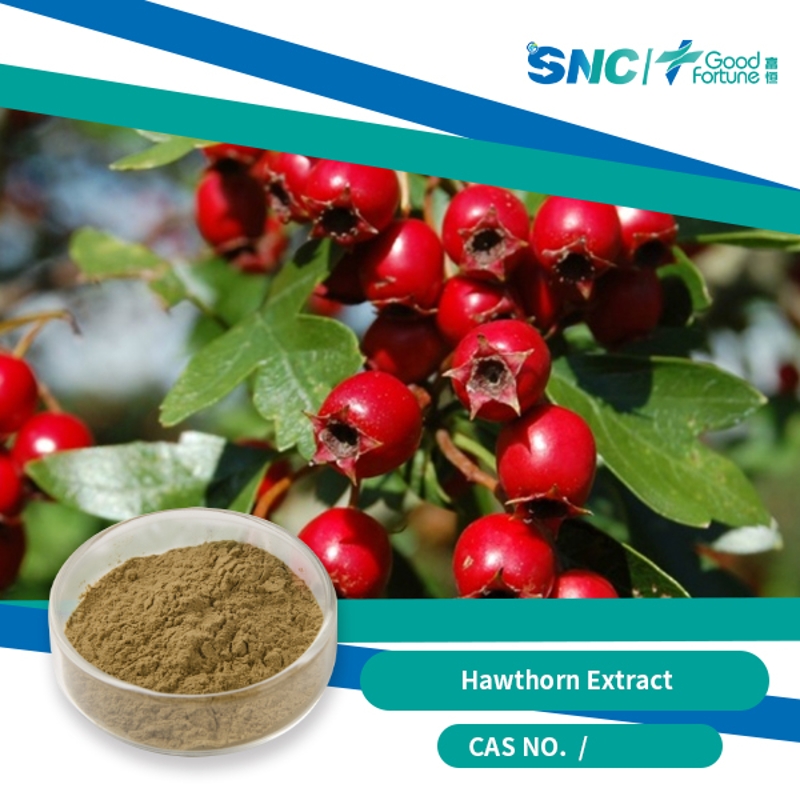Detection and Quantification of Plant Viruses by PCR
-
Last Update: 2021-01-14
-
Source: Internet
-
Author: User
Search more information of high quality chemicals, good prices and reliable suppliers, visit
www.echemi.com
The polymerase chain reaction (
PCR
) is a technique that enables the specific amplification and hence detection of target
DNA
sequences from complex mixtures of nucleic acid. A combination of short, specific primers and thermostable DNA polymerases are used to amplify the target sequence, through repeated cycles of denaturation, reannealing, and DNA synthesis at high temperatures, allowing an exponential increase in the amount of the DNA of interest. By addition of a reverse-transcription (RT) step, PCR can also be applied to
cDNA
generated from RNA templates. Its extreme sensitivity and high specificity make it an unparalleled technique for the detection and characterization of rare messages, including viral infections that are difficult to detect and diagnose by serology or electron microscopy.
This article is an English version of an article which is originally in the Chinese language on echemi.com and is provided for information purposes only.
This website makes no representation or warranty of any kind, either expressed or implied, as to the accuracy, completeness ownership or reliability of
the article or any translations thereof. If you have any concerns or complaints relating to the article, please send an email, providing a detailed
description of the concern or complaint, to
service@echemi.com. A staff member will contact you within 5 working days. Once verified, infringing content
will be removed immediately.







